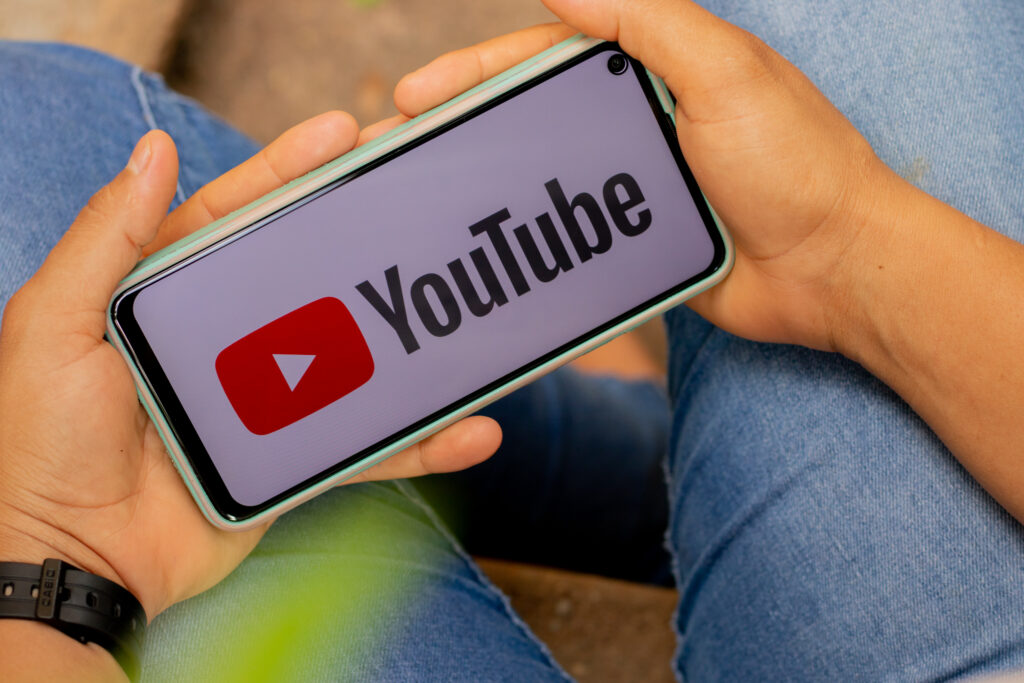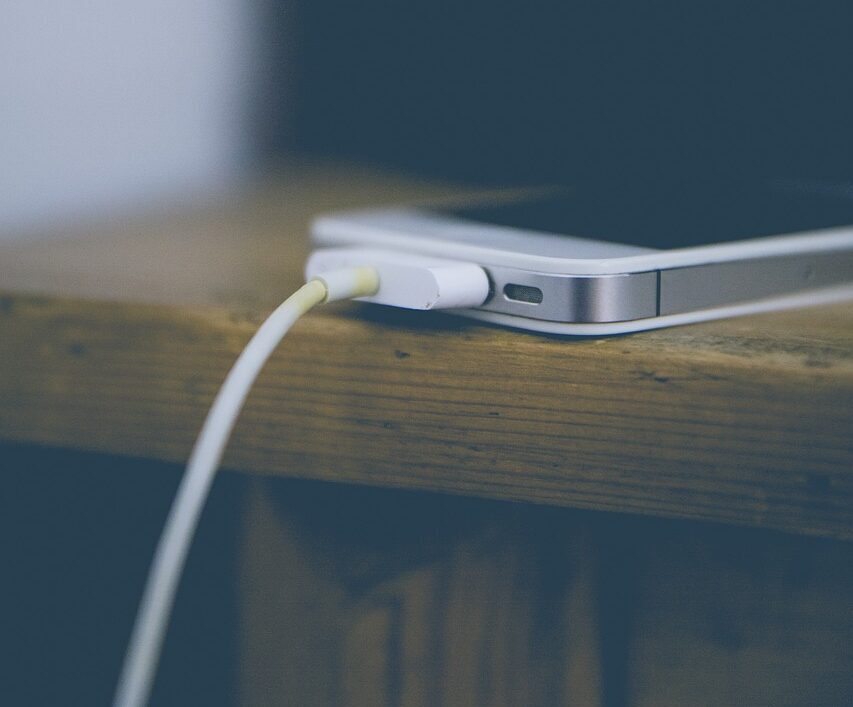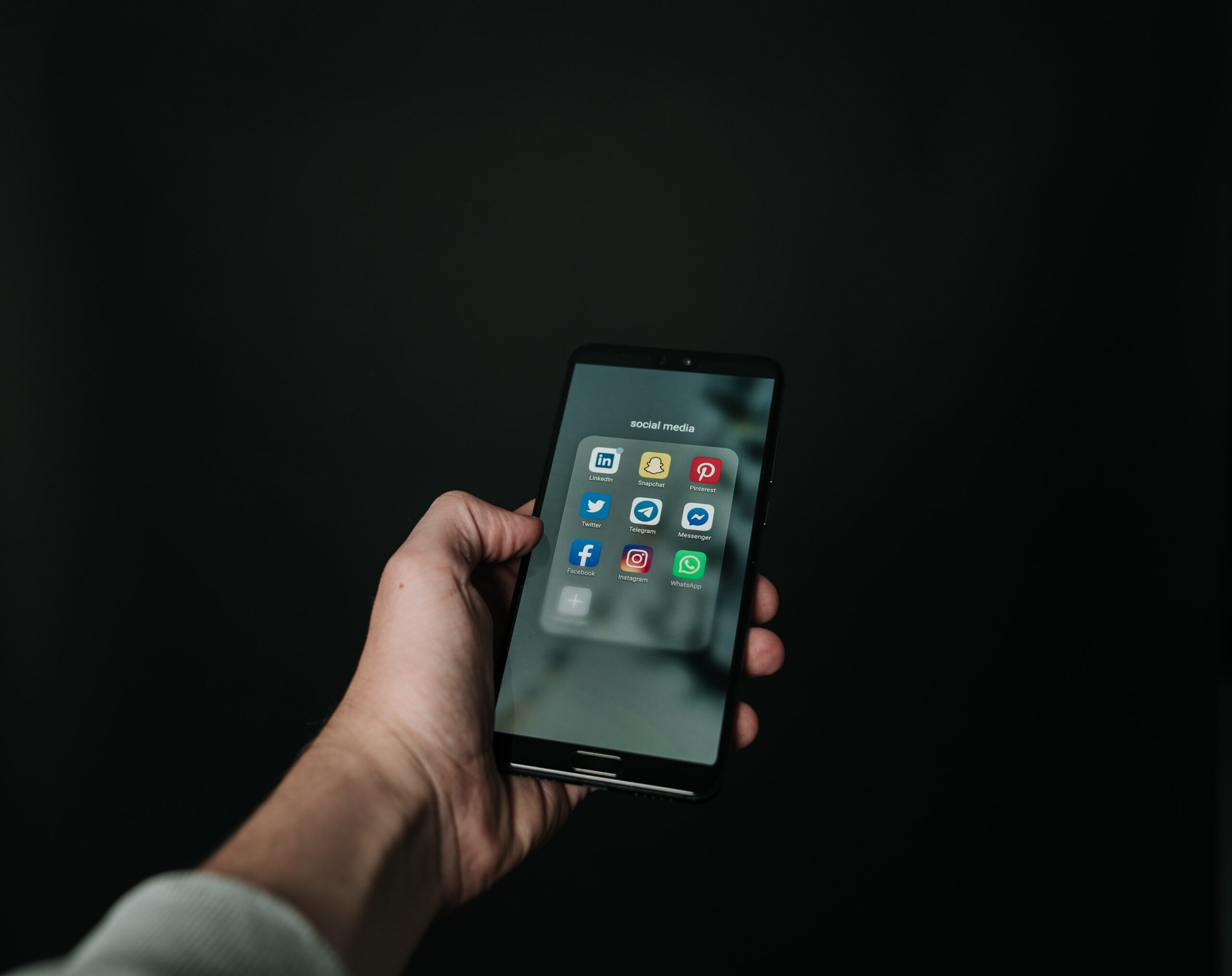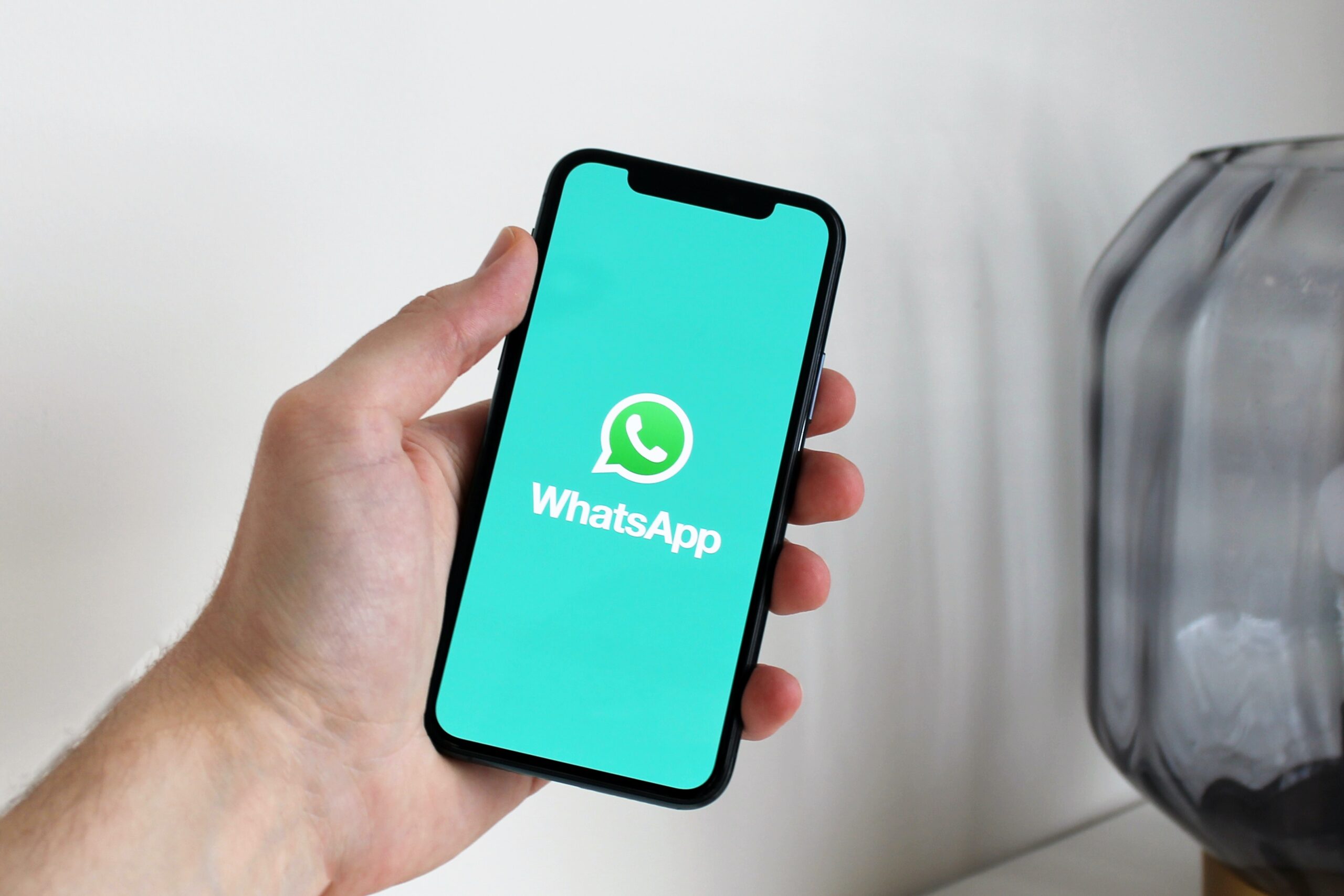YouTube recently announced the implementation of a new artificial intelligence (AI)-based assistant that aims to help content creators who have had their channels hacked.
The new feature, which is available in the YouTube Help Center, represents a significant step forward in the support offered by the platform, but it still raises questions about the effectiveness of automated support compared to human interaction.
The AI assistant is designed to guide users who are having trouble accessing their channels. It asks specific, targeted questions to diagnose the issue and suggest the best solutions.
Initially, the assistant is only available in English and accessible to a select group of content creators. These creators are part of a pilot program that aims to test and improve the tool before it is released to all users of the platform.

What to expect from YouTube's new human-free customer service
According to Google, the company behind YouTube, the intention is to expand the use of the AI assistant to all content creators, regardless of language or channel size.
This expansion plan suggests that the tool, once refined, could offer broader and more accessible support to millions of users facing similar issues.
The technology website The Verge tested the AI assistant and published its impressions of the tool. According to the portal, “the results seem… adequate”, which indicates that, so far, the assistant fulfills its function without presenting major problems related to generative AI, such as inadequate or confusing responses.
The website also highlights that some security measures have been incorporated into the wizard, which is essential to protect user data.
However, the The Verge points out an issue that still worries many content creators: the difficulty in contacting YouTube directly when serious problems arise.
While the AI assistant is a positive step, it is not a substitute for human support, which is often essential to resolve more complex situations.
YouTube Support Challenges That Need to Be Addressed
One of the biggest criticisms of YouTube over the years is the difficulty smaller creators have in getting personalized support.
Direct contact with a YouTube representative is typically limited to larger creators who are part of the YouTube Partner Program (YPP). This means smaller channels are left to rely on automated help pages and standard responses, which can be insufficient in cases of hacking.
You need to know all this today:
- The apps that are putting young people and children at risk in Brazil; be very careful
- Nubank's days are numbered! 4 months to end beloved service
- 5 AI apps to create children's songs
The launch of an AI assistant doesn’t completely solve this problem. For many creators, especially those who were hoping for improvements in human support, the addition of a chatbot may seem like a stopgap rather than a real solution.
However, it is important to consider that AI can speed up the process of solving simpler problems, freeing up human resources to focus on more complex and urgent cases.
Concerns About AI Bots Invading the Internet
In parallel with the development of AI assistants like YouTube, there is a growing debate about the impact of AI bots on the internet.
A group of 32 researchers, including members of OpenAI, recently published a paper warning of the risk of AI bots taking over the internet. The researchers advocate creating systems that can accurately distinguish humans from bots in online environments in order to prevent the internet from becoming a space dominated by uncontrolled artificial intelligence.
These experts suggest implementing “personhood credentials,” a system in which people could prove their physical existence offline.
By doing so, they would receive encrypted credentials for online activities, preserving their anonymity while ensuring they are human. This system would be a way to protect the internet against the proliferation of bots, which can be used to manipulate systems, spread misinformation or carry out malicious activities.



